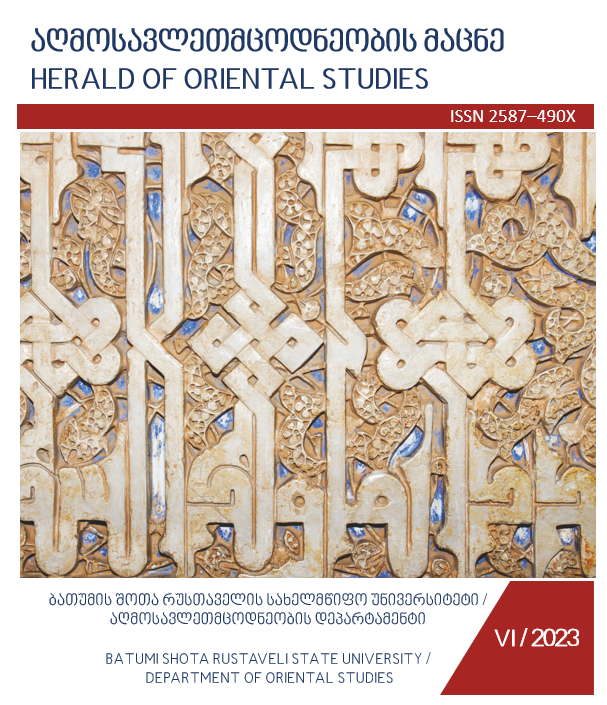The Impact of the collapse of the Soviet Union on China - challenges and opportunities in a new geopolitical environment
DOI:
https://doi.org/10.61671/hos.6.2023.6780Keywords:
China, USA, Soviet Union, Foreign Policy, Diplomacy, GeopoliticsAbstract
The paper discusses the changes caused by the collapse of the USSR in Chinese foreign policy. This paper aims to analyze the impact
of the collapse of the Soviet Union on China, the challenges it faced and the opportunities that arose in a new geopolitical environment. In this paper, we analyzed the reaction of the then Chinese government, as well as what negative or positive outcomes it saw during this event; the diplomatic steps China had to carry out during the collapse of the USSR including the moves that were soon made in foreign policy. In the course of the study, we observed the specifics of China's action in foreign policy. China is trying to build a multi-polar system by conducting active multilateral diplomacy. It conducts flexibl diplomacy with the US, focusing on developing bilateral economic relations. China tries to consider recommendations whenever possible, but is able to solve problems without putting too much emphasis on them. The means of free action, maximum concentration on economic development and a flexible foreign policy ultimately brought economic rise to China.
The issue is relevant in the sense that the topic of China is still very interesting today. Observing China's reaction, position and actions during the collapse of the Soviet Union, to some extent; allows us to identify the peculiaritiesof China's actions in foreign policy, and the perception of the USSR collapse as a positive event, this shows us how undesirable it is for China to have such a "superpower" at its borders.
Downloads
Downloads
Published
How to Cite
Issue
Section
License

This work is licensed under a Creative Commons Attribution-ShareAlike 4.0 International License.


































